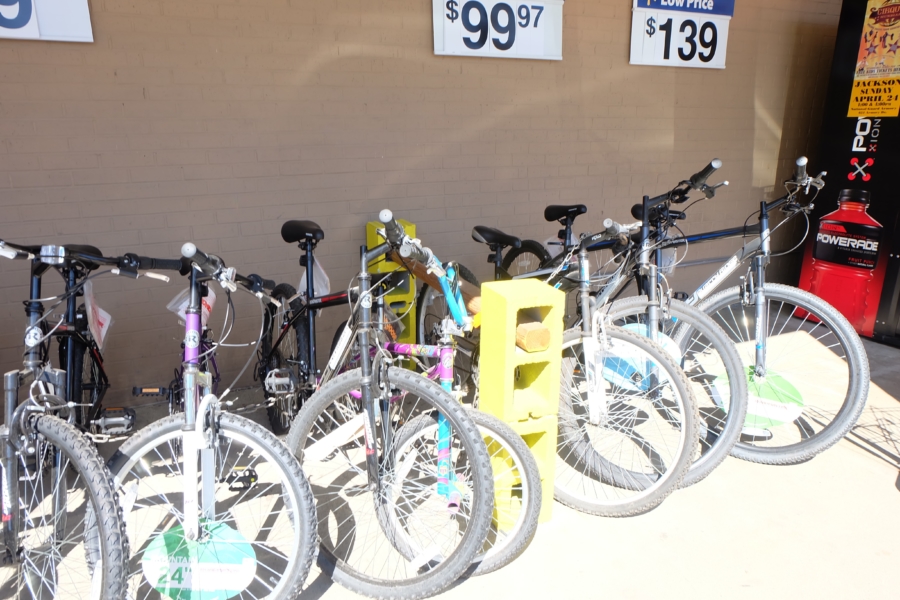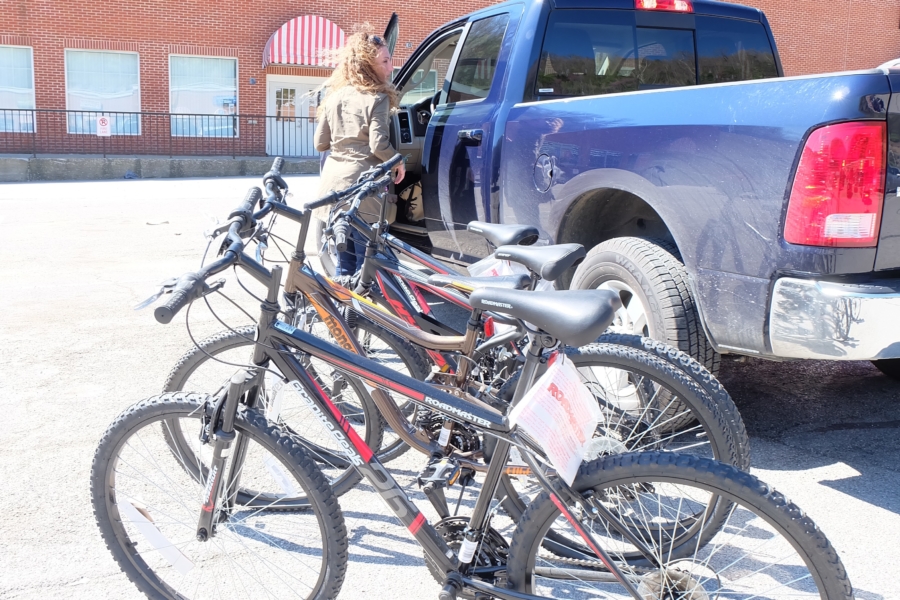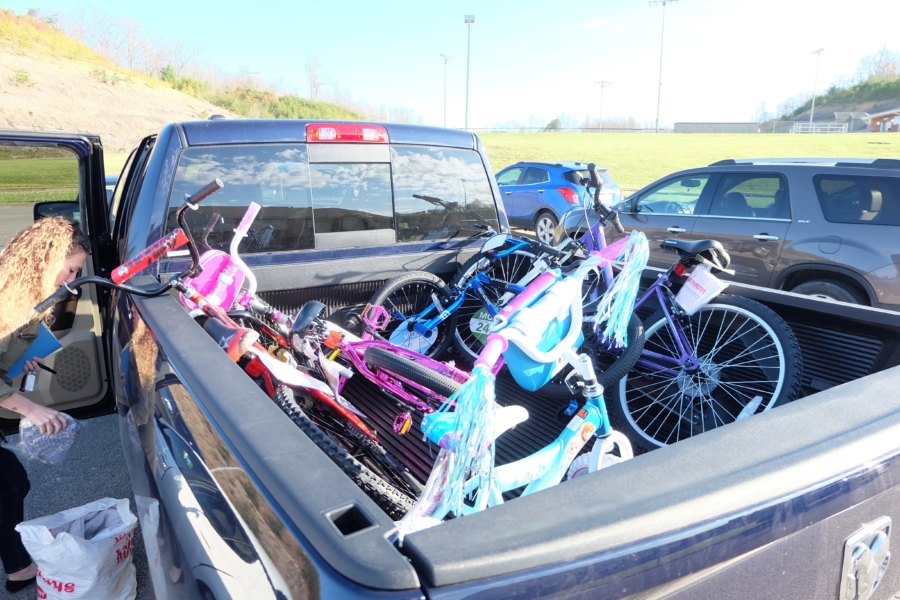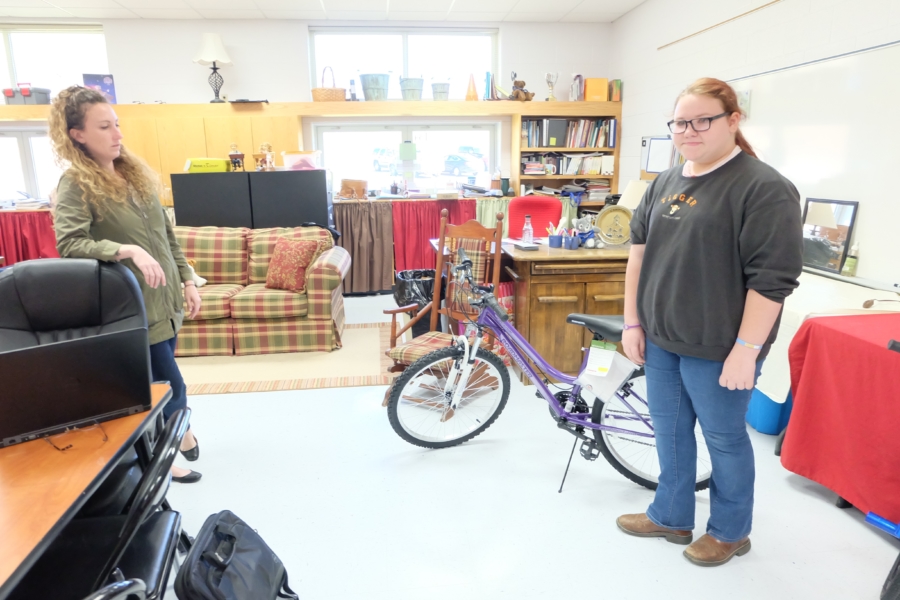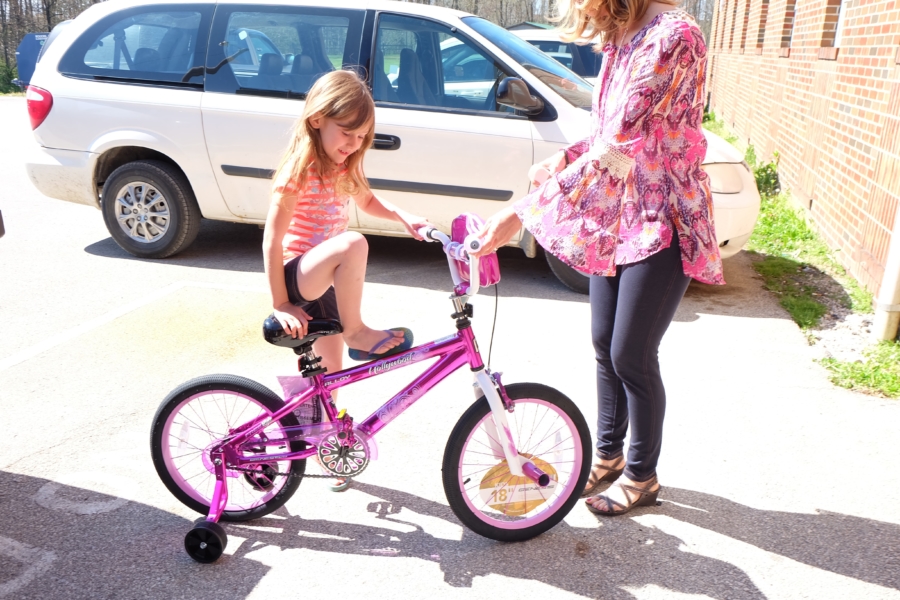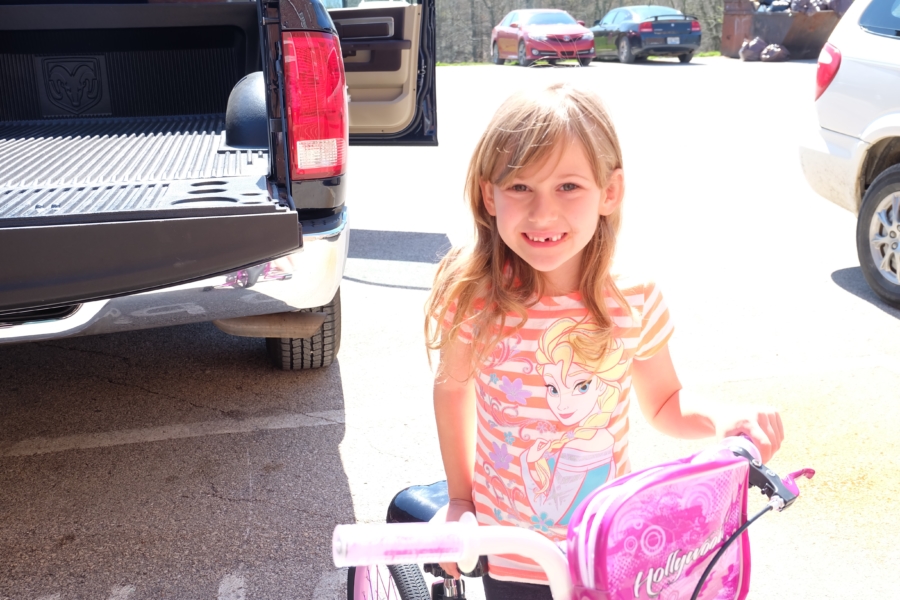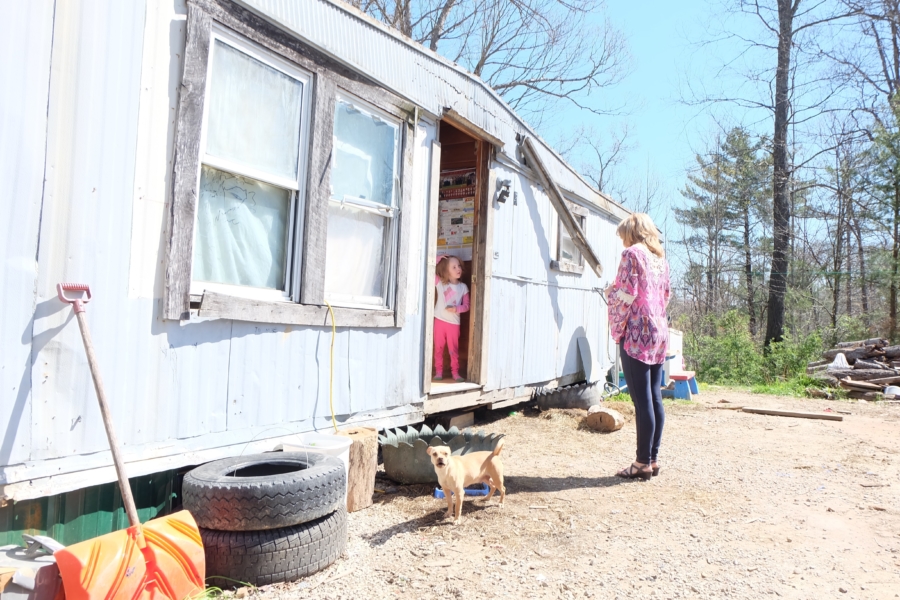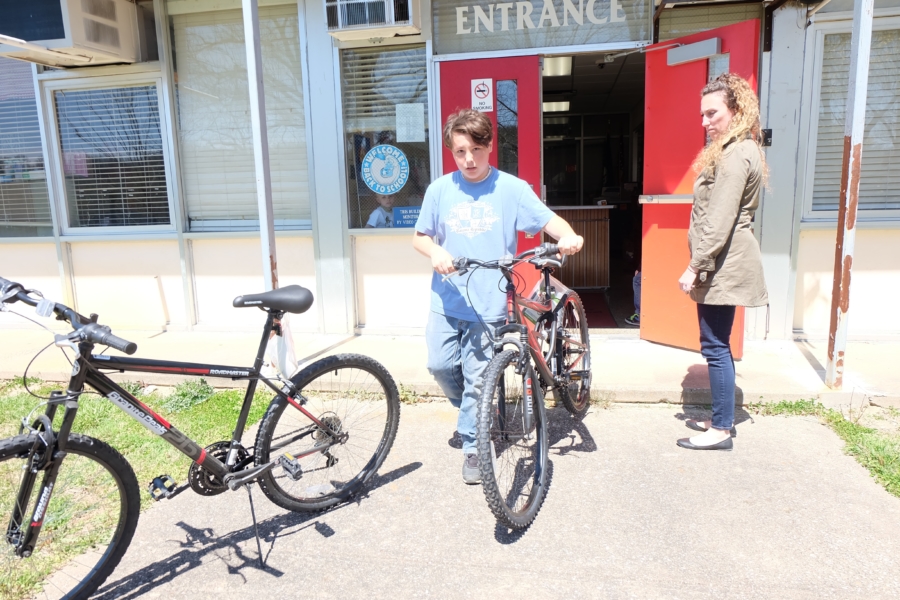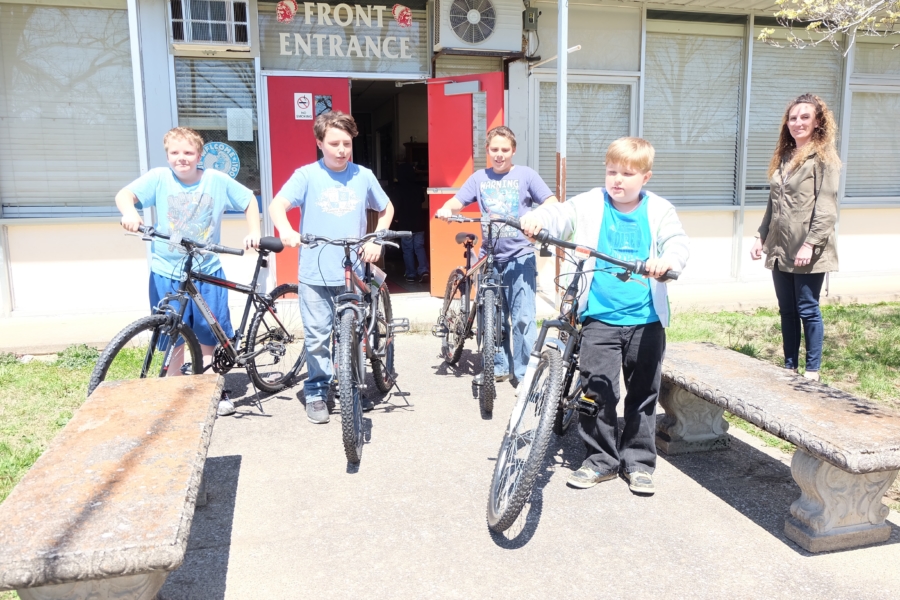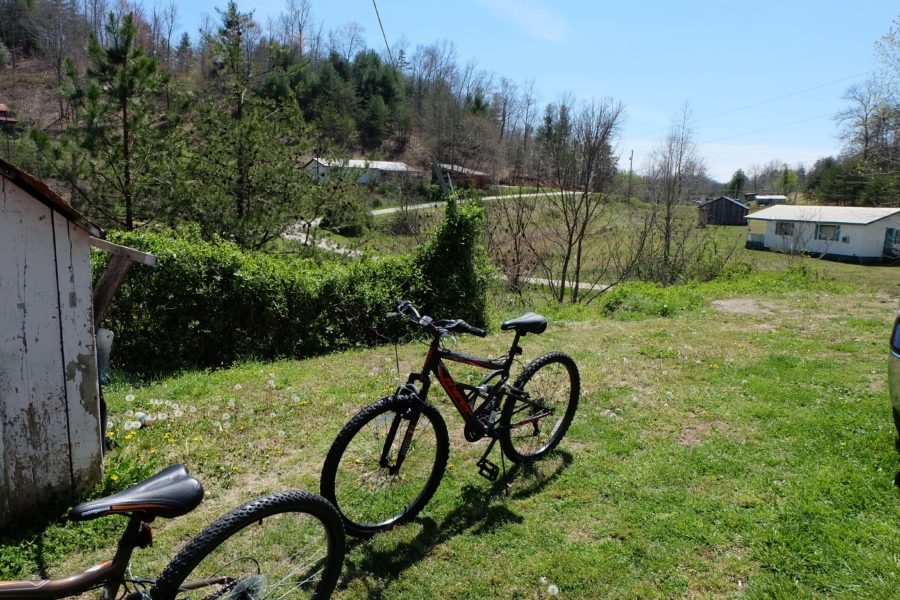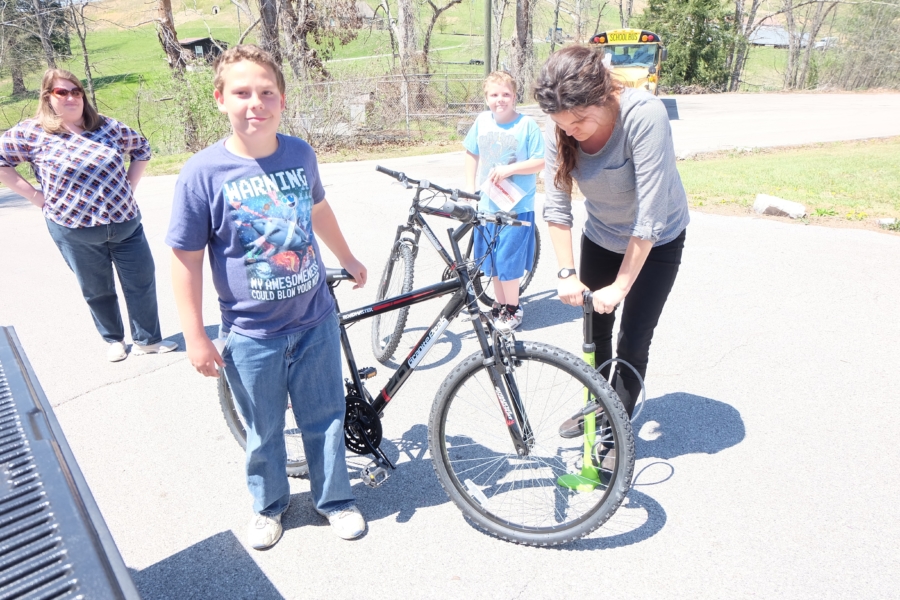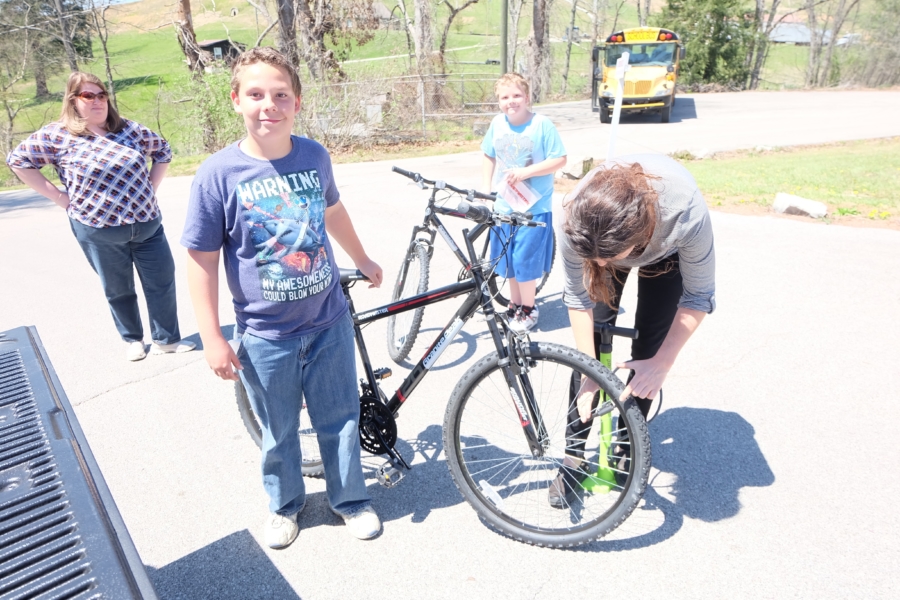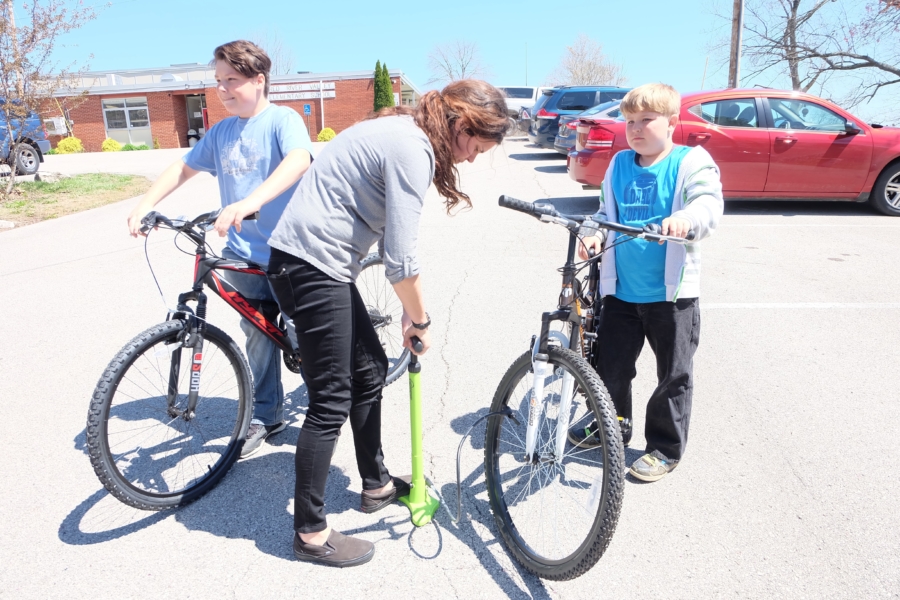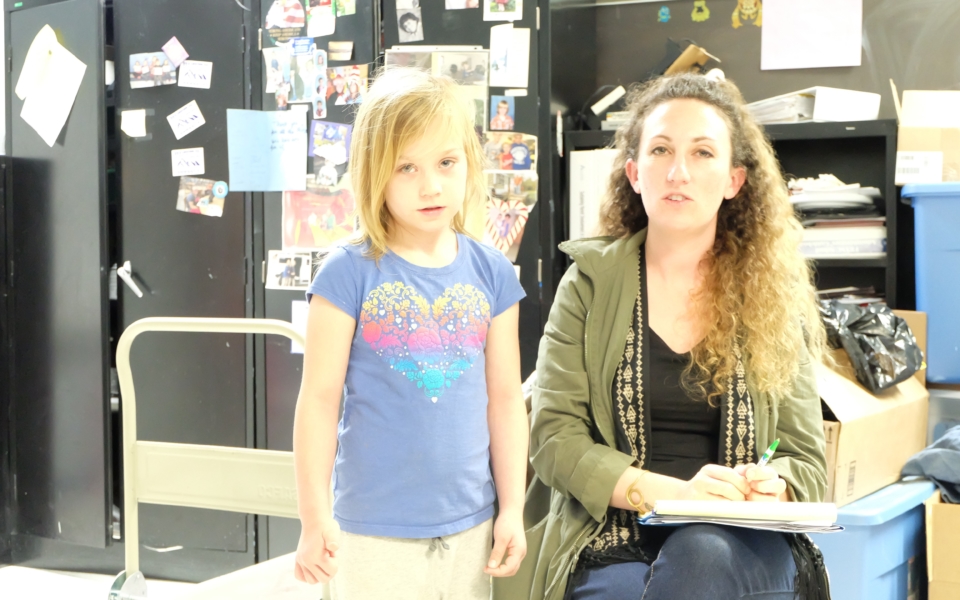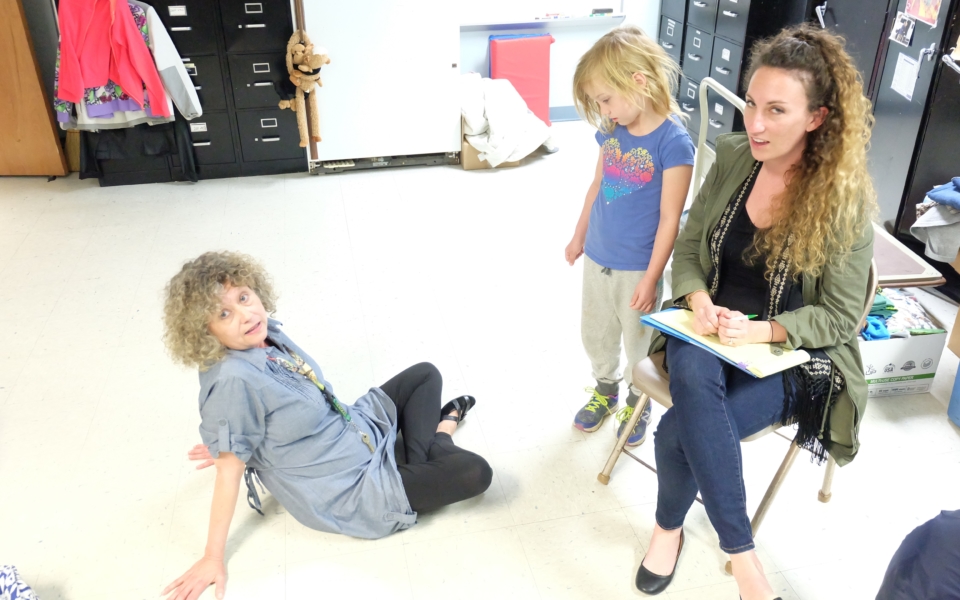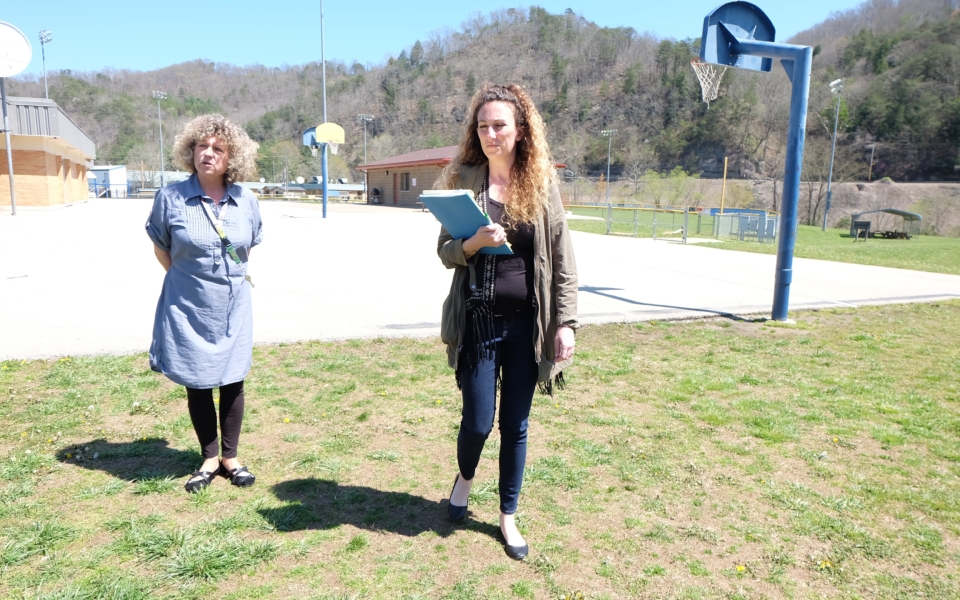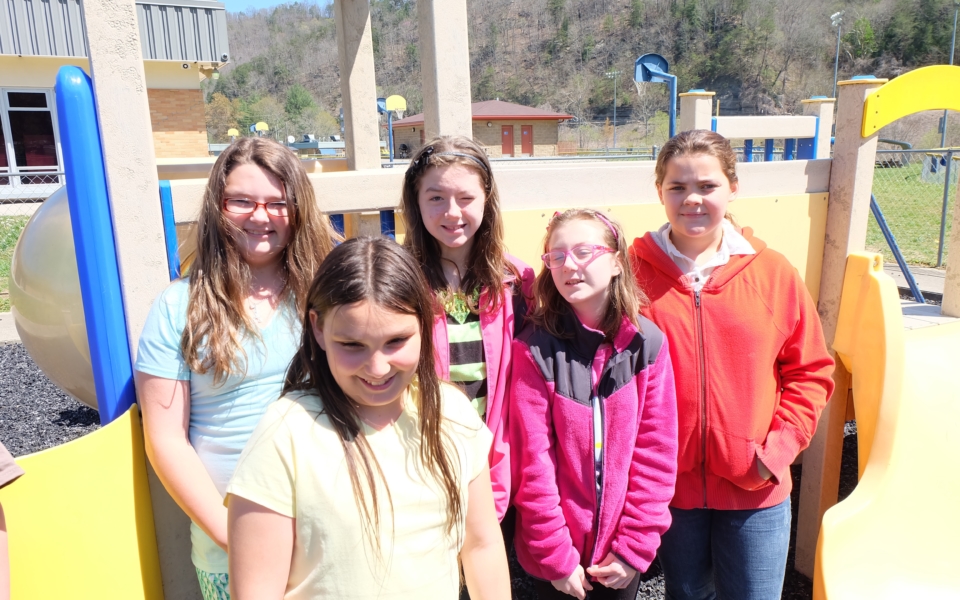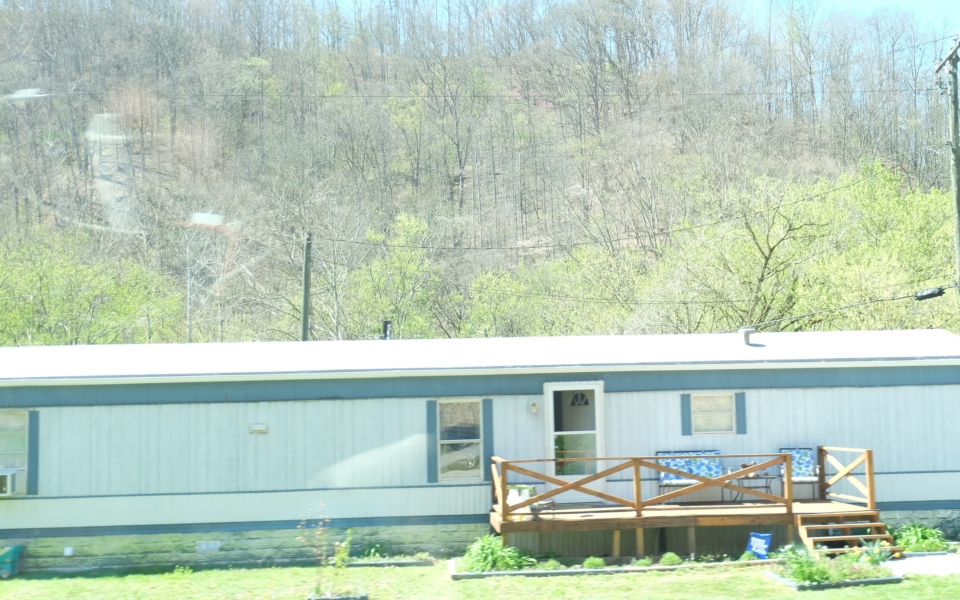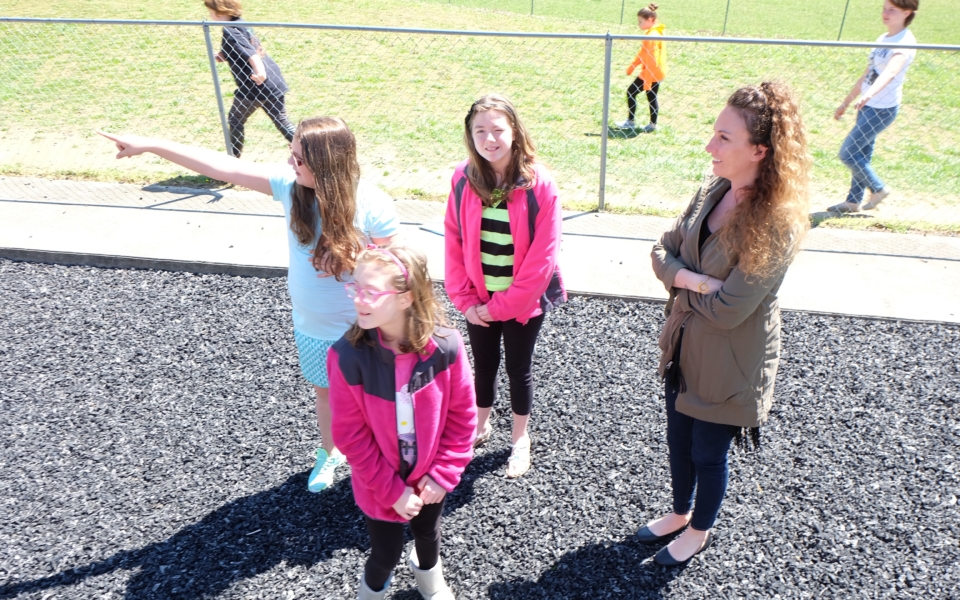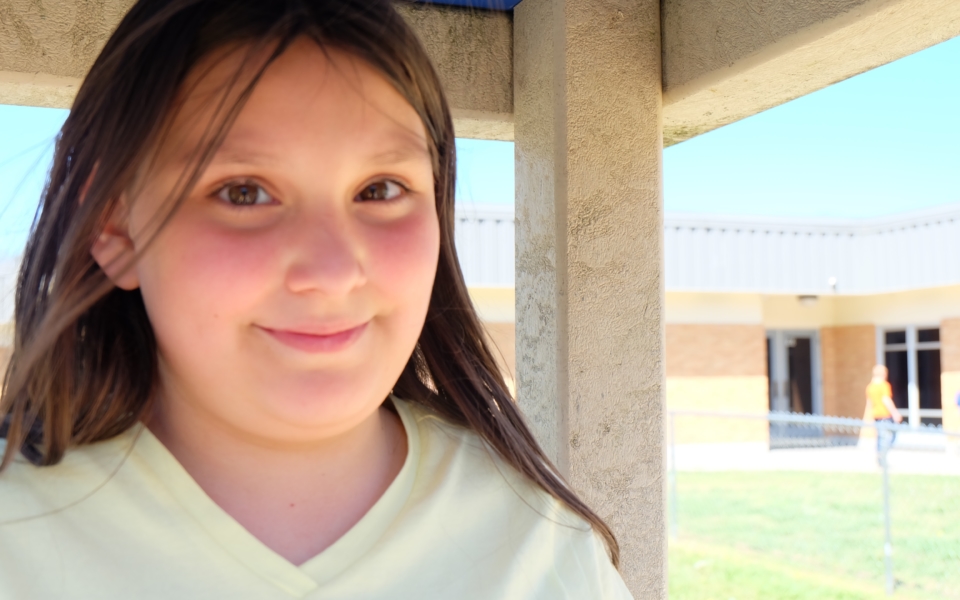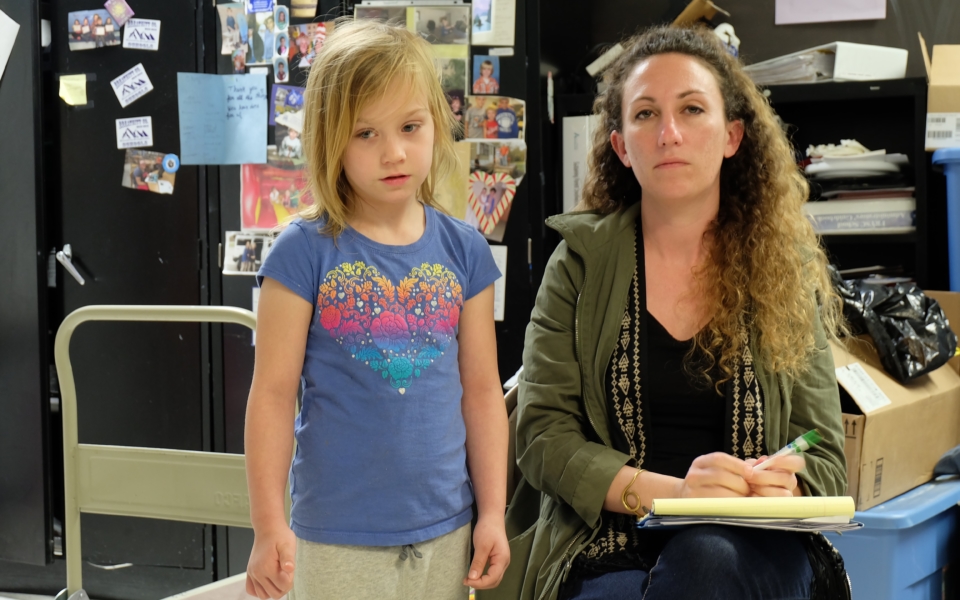“I don’t know who gave us these bikes, but tell her I love her!”
The boy’s words keep echoing in my mind as we make the eight-hour trek from Kentucky back to Richmond, Va. Over the course of the last several weeks, we’ve met with so many children I’ve nearly lost count, but their faces and words stand out in my memory.
Kentucky and Bolivia are worlds apart, but there are many similarities between the two.

View from La Paz, Bolivia
Eastern Kentucky is one of the poorest regions in the United States. Unemployment is high and children grow up in run-down trailers, far from main roads and more importantly, social services and public facilities like libraries and community centers.
It’s not unlike the mountain towns of Bolivia, which have a much larger population but a similar situation for impoverished children who live in dilapidated homes on the outskirts of town with no transportation and no access to public services.
There are other parallels, including the songs, hobbies and games children play. Separated by 4,000 miles, the children of Bolivia probably never realize that their counterparts in Kentucky are also playing soccer behind the school in the afternoon. Their cartoon-character t-shirts and tennis shoes, gifts from sponsors, are interchangeable — even their pets.
Cats and kittens
Three days ago, I met Allison in Jackson County, Kentucky. The 7-year-old lives down a logging road with her underemployed parents, her sisters and her cats. When her sponsor asked her what kind of gifts she’d like, her main request was for cat food.
Just like Efrain. The Bolivian fourth-grader lives in a one-bedroom home with his mother, two siblings and three kittens. Efrain politely answered our questions about his schoolwork, his home and his new donated shoes, but it was the kittens that he really wanted to talk about; he couldn’t wait to show us the spot where they sleep next to the bed he shares with his brother.
Kentucky and Bolivia are worlds apart, but there are many similarities between the two.
Constructing a better life
The construction projects aren’t that much different either. In Bolivia, Children Incorporated donated materials and volunteers helped renovate an entire school about 25 kilometers outside Montero. In Kentucky, we didn’t have to build the schools but we did build a ramp at the home of 11-year-old Dennis.
The fifth-grader and his two siblings live with their elderly great-grandparents, who are struggling to care for three children while their own health is failing. Gail, Dennis’ great-grandmother, couldn’t climb the front steps anymore so Children Incorporated donated building materials and the local high school vocational students all got together to build her a ramp.
Skipping a generation
That underprivileged children live with aging grandparents is another ubiquitous truth across nations. In Kentucky, it’s largely caused by the rampant drug use that has swept the region, leaving parents dead, incarcerated or incapable of raising children.
In Bolivia, parents often depart for other countries to find work, leaving children with their grandparents. Regardless of the reasons, this missing generation is especially hard on families as the already-impoverished elderly struggle to care for growing, hungry children.
And in both countries, Children Incorporated sponsors send in food, clothes, shoes and school supplies — and cat food.
Next stop: Kenya
As we near Richmond, it’s time to turn our attention to the next trip – it’s 8,000 miles to Kenya and we’ve got several days before we begin. I have no doubt that once we arrive, we’ll find that just like in Bolivia and Kentucky, the children there need clothes and food but love sports and cats.
***
HOW DO I SPONSOR A CHILD?
You can sponsor a child with Children Incorporated in one of three ways – call our office and speak with one of our sponsorship specialists at 1-800-538-5381, email us at sponsorship@children-inc.org, or go online to our donation portal, create an account, and search for a child that is available for sponsorship.

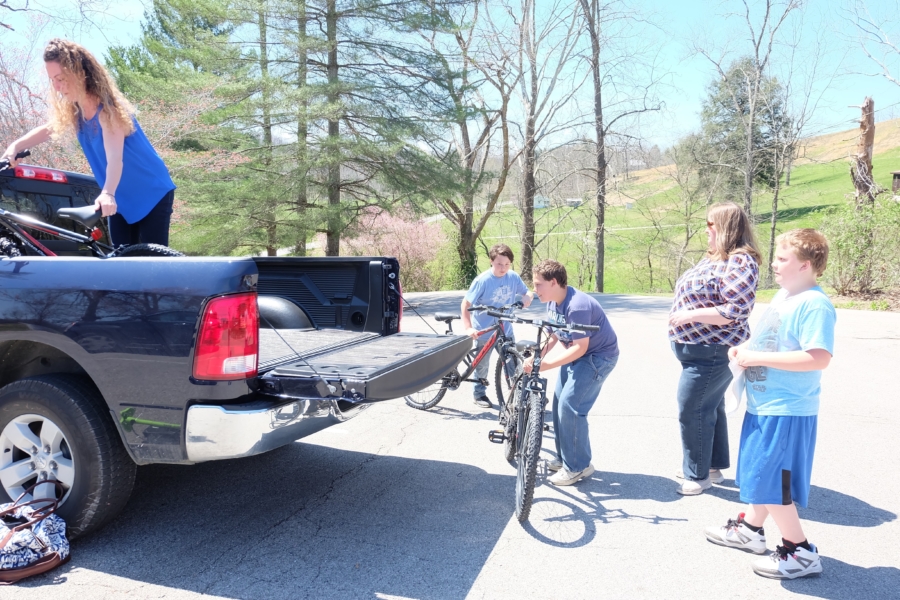
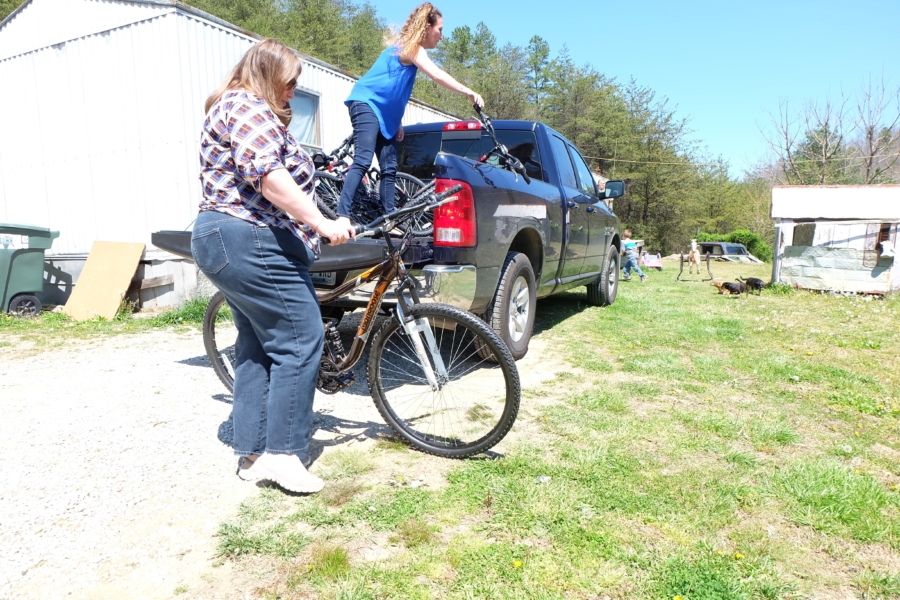
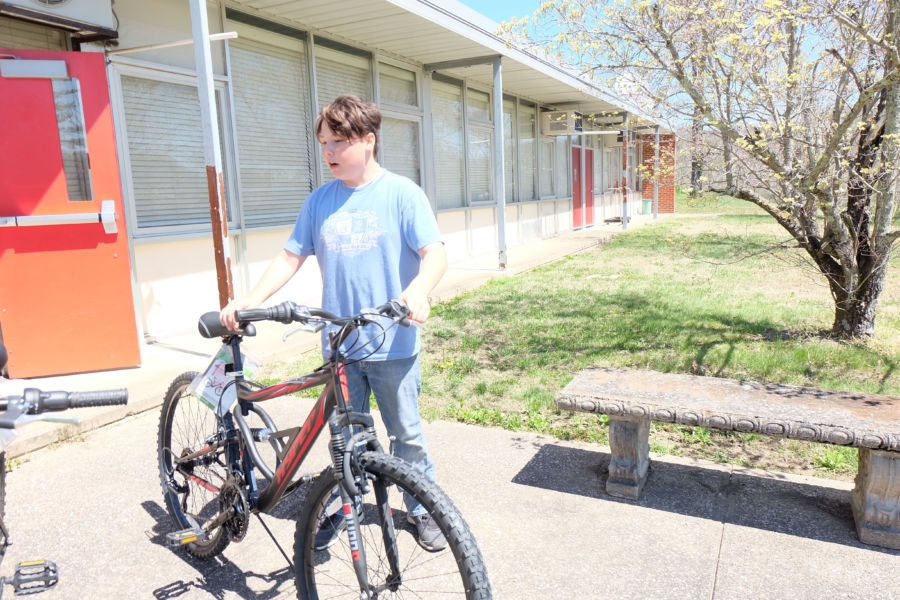
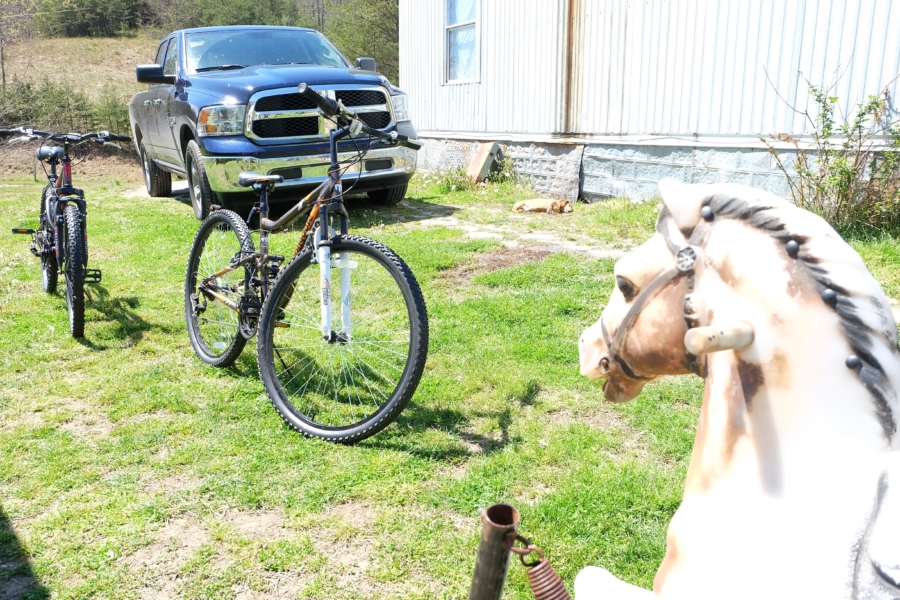
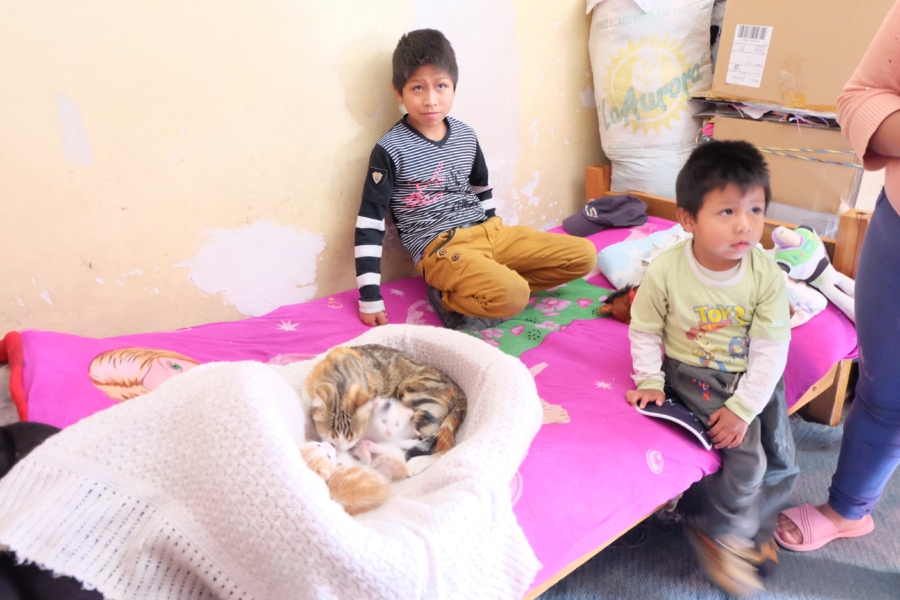
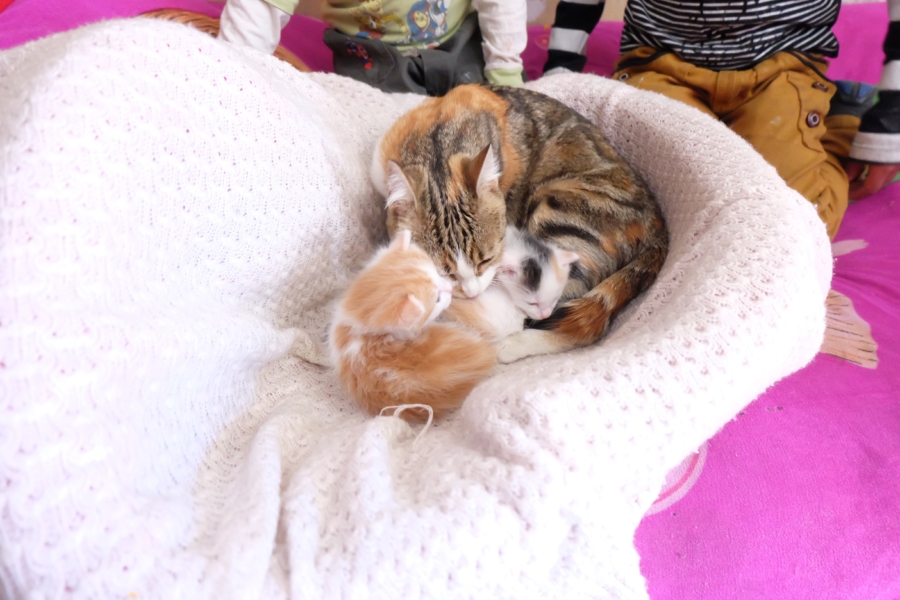
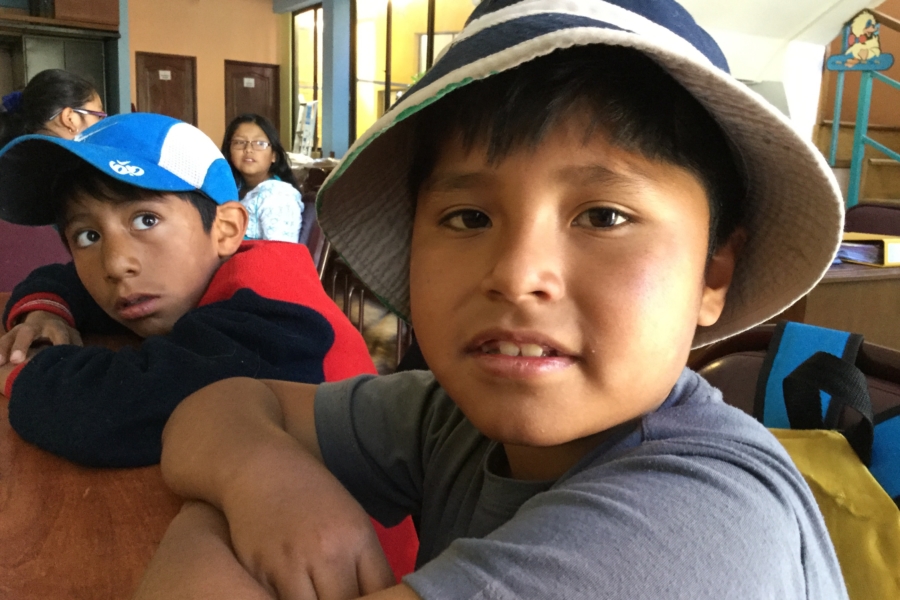
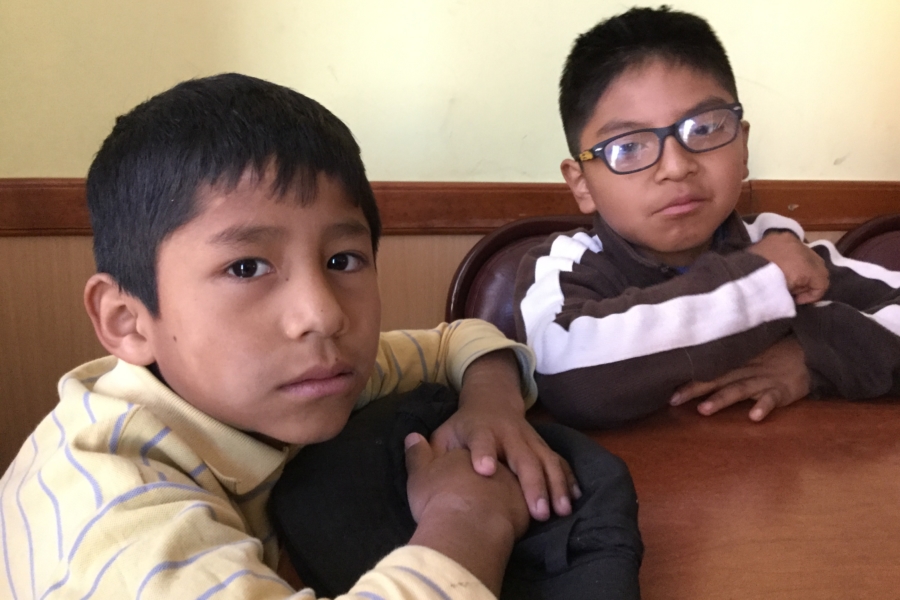
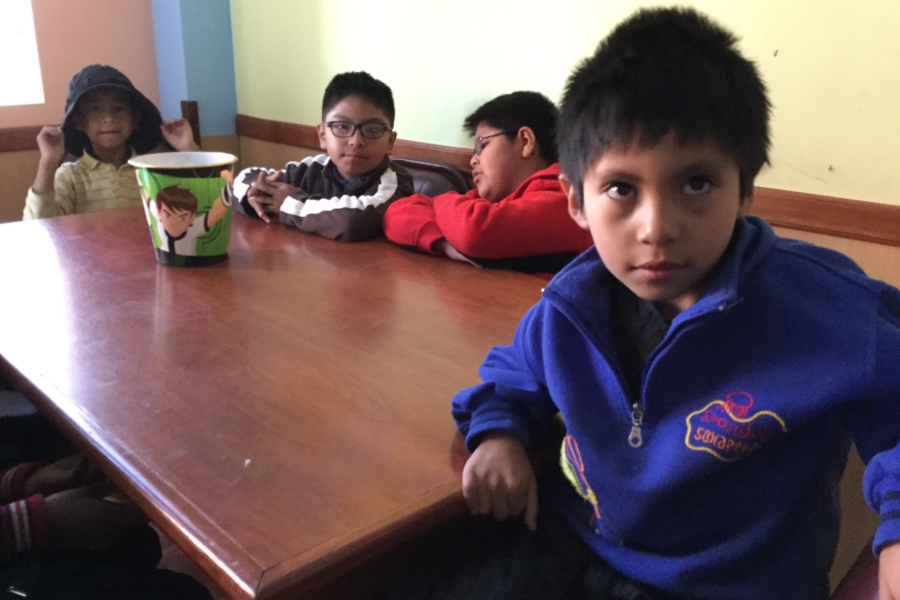
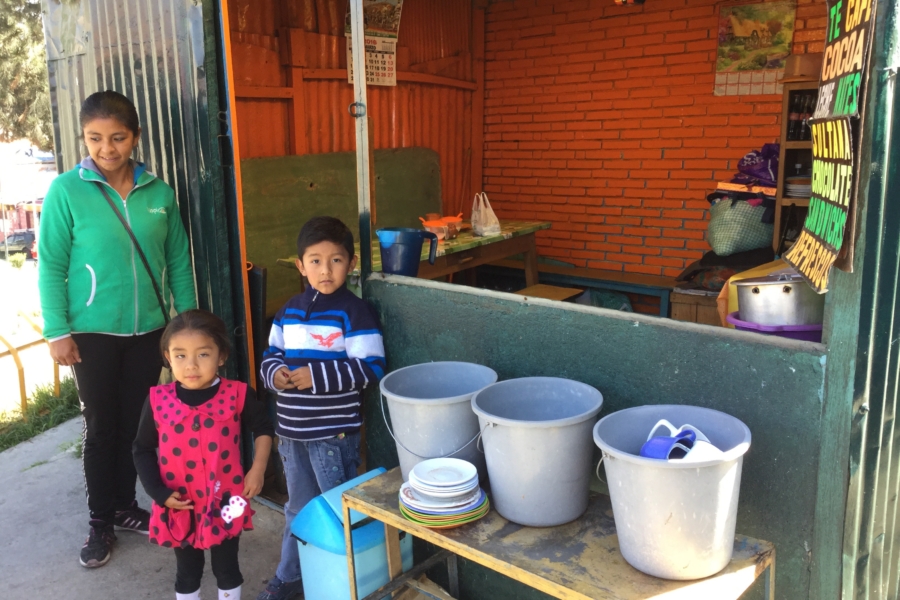
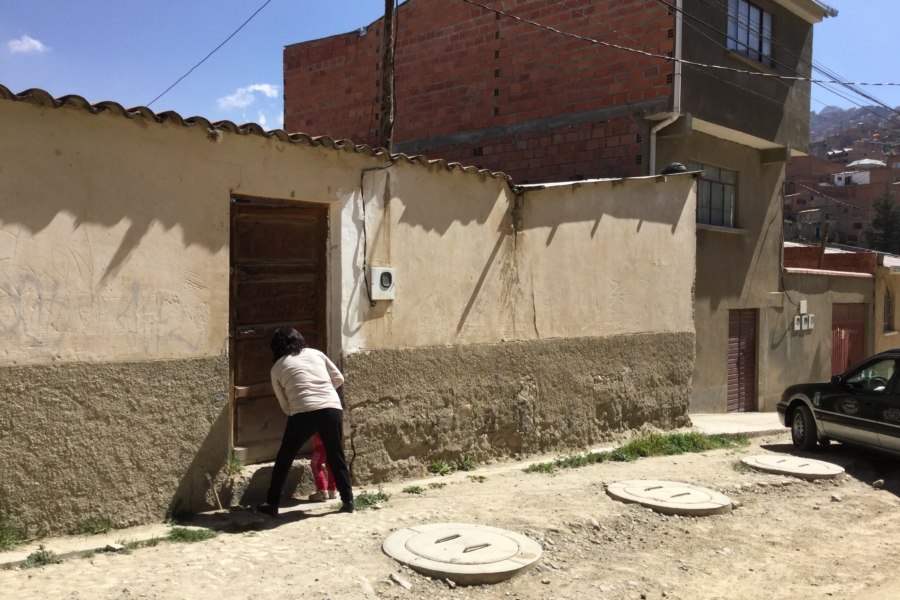

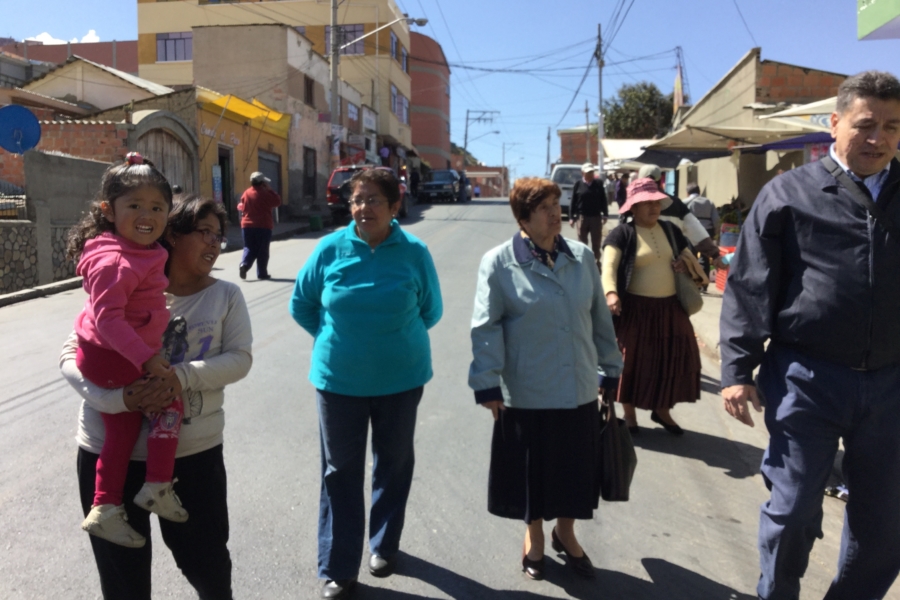
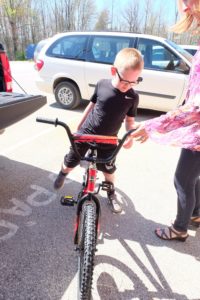 Ten bikes were slated for elementary and middle school children in Wolfe County, Kentucky. Wolfe County has a population of about 7,300 and is ranked 14
Ten bikes were slated for elementary and middle school children in Wolfe County, Kentucky. Wolfe County has a population of about 7,300 and is ranked 14